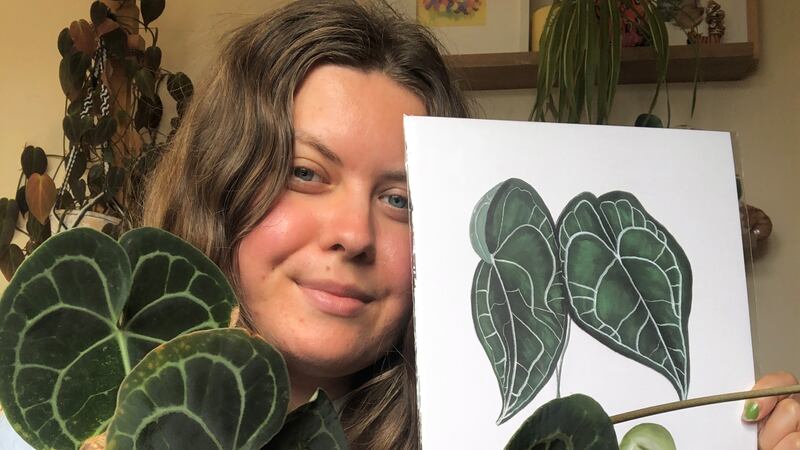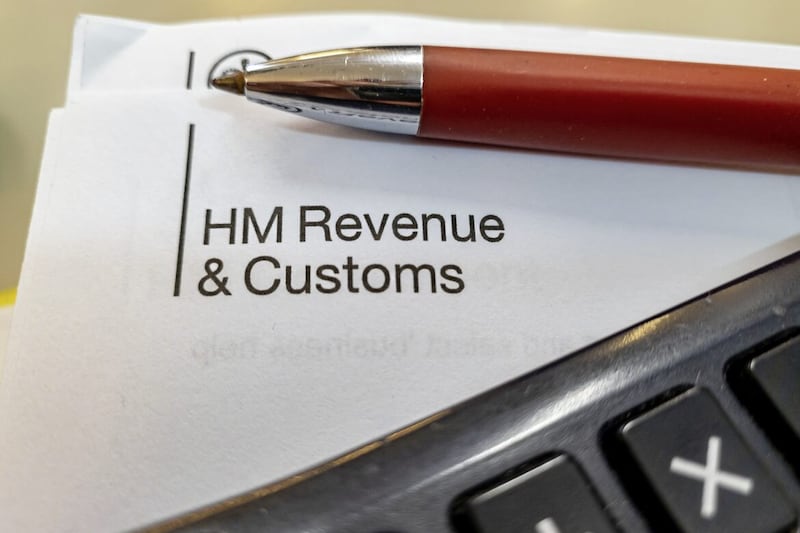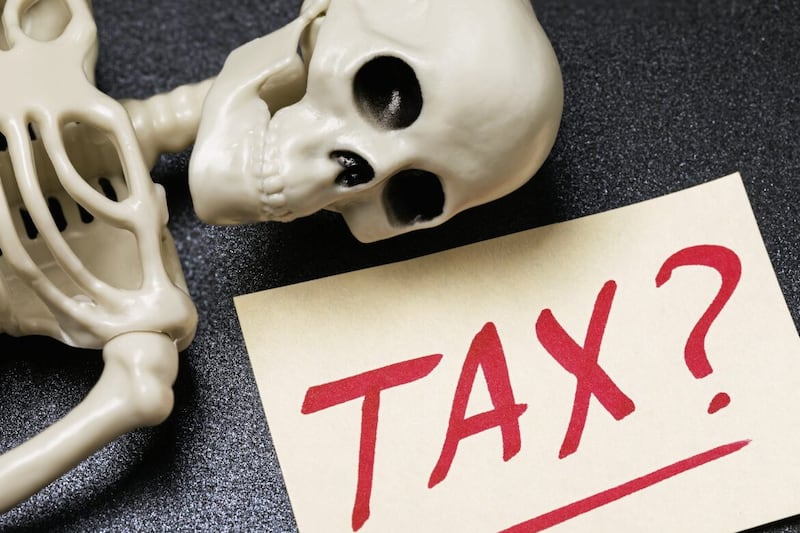QUESTION: I own a small packaging company and with Brexit, Covid and increasing tax rates forecast, I am contemplating retiring in 2021. What are the important tax implications of my retirement?
ANSWER: To enable you to retire you are going to have to either sell your company to a third party or undertake what is known as a Members Voluntary Liquidation (MVL) whereby you appoint a licenced insolvency practitioner who realises all of the company’s assets, pays off any creditors and distributes the proceeds to the shareholders.
If you are unable to sell your company, the benefit of an MVL is that it will be treated as a payment of capital by the Liquidator to you provided it is done via a formal insolvency process and subject to certain anti-avoidance provisions which essentially are centred around you not recommencing the same business within 2 years of retirement.
The payment of capital to you by the liquidator will give rise to a capital gain which is currently taxed at a significantly lower rate than income is taxed at.
There is a special capital gains tax relief known as Business Asset Disposal Relief (BADR) which is a junior version of the former generous Entrepreneurs Relief. BADR essentially taxes the first £1 million of capital proceeds at a rate of 10 per cent and the balance is taxed at 20 per cent.
There is a lot of speculation at the minute that capital gains tax rates are likely to increase in the March 2021 Budget and they could return to what they were many years ago when capital gains were treated as the top slice of income. Where this to happen, we could see capital gains tax rates of 45 per cent.
There has been a significant increase in MVL’s over the past 3 months with the UK having had over 3,000 businesses voluntary appointing liquidators which is more than a 50 per cent increase on the comparable quarter for 2019. As an MVL must be done on a solvent basis, this clearly reflects the fact that business owners are seeking to exit due to either Brexit, the Covid-19 pandemic, an expectation of higher tax rates in 2021 or a combination of all three factors.
To obtain BADR, you must have owned at least 5 per cent of the company, the company must be a trading company and you must have been an office holder or employee for at least 2 years prior to the date of sale.
If you wish to pass the company on to your children, this can be done without any capital gains tax by making what is known as a Holdover Relief Election.
However, should you wish to extract capital from the sale to your children you could sell the company to them and leave the consideration outstanding on loan account to be repaid over a period of time. This will still trigger a capital gain at the current low rates of CGT.
One word of caution for people in your circumstances however, is that on the day of sale of your company the asset you are selling is generally completely exempt from inheritance tax. The day after you sell it, the proceeds (usually cash or debts due to you) are fully chargeable to inheritance tax.
It is important therefore that any business exit is considered in conjunction with careful estate planning.
:: Paddy Harty (p.harty@pkffpm.com) is a senior tax director at PKF-FPM (www.pkffpm. com). The advice in this column is specific to the facts surrounding the question posed. Neither The Irish News nor contributors accept any liability for any direct or indirect loss arising from any reliance placed on replies.








